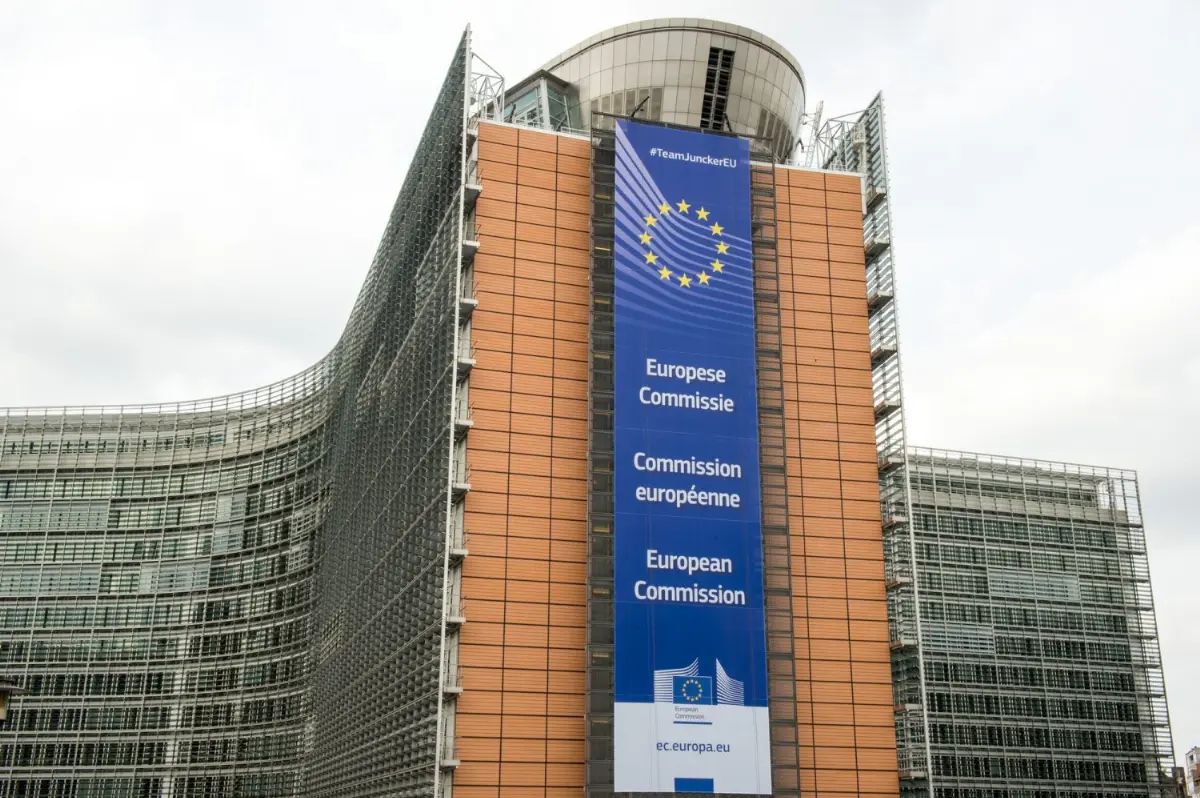
Protecting EU transport in times of crisis
Commission adopts Contingency Plan

The European Commission adopted today a Contingency Plan for Transport to strengthen the resilience of EU transport in times of crisis. The plan draws lessons from the COVID-19 pandemic as well as taking into account the challenges the EU transport sector has been facing since the beginning of Russia's military aggression against Ukraine. Both crises have severely affected the transport of goods and people, but the resilience of this sector and the improved coordination between member states were key to the EU's response to these challenges.
The plan proposes a toolbox of 10 actions to guide the EU and its Member States when introducing such emergency crisis-response measures. Among other actions, it highlights the importance of ensuring minimum connectivity and passenger protection, building resilience to cyberattacks, and resilience testing. It also stresses the relevance of the Green Lanes principles, which ensure that land freight can cross borders in less than 15 minutes, and reinforces the role of the Network of Contact Points in national transport authoritiesBoth have proved crucial during the COVID-19 pandemic, as well as in the current crisis caused by Russian aggression against Ukraine.
The 10 areas of action are:
Making EU transport laws fit for crisis situations
Ensuring adequate support for the transport sector
Ensuring free movement of goods, services and people
Managing refugee flows and repatriating stranded passengers and transport workers
Ensuring minimum connectivity and passenger protection
Sharing transport information
Strengthening transport policy coordination
Strengthening cybersecurity
Testing transport contingency
Cooperation with international partners
One key lesson from the pandemic is the importance of coordinating crisis response measures – to avoid, for example, situations where lorries, their drivers and essential goods are stuck at borders, as observed during the early days of the pandemic. The Contingency Plan for Transport introduces guiding principles that ensure crisis response measures are proportionate, transparent, non-discriminatory, in line with the EU Treaties, and able to ensure the Single Market continues to function as it should.
The Commission and the Member States will use this Contingency Plan to respond to current challenges affecting the transport sector. The Commission will support Member States and steer the process of building crisis preparedness in cooperation with the EU agencies, by coordinating the Network of National Transport Contact Points and maintaining regular discussions with international partners and stakeholders. To respond to immediate challenges and ensure Ukraine can export grain, but also import the goods it needs, from humanitarian aid, to animal feed and fertilisers, the Commission will coordinate the Solidarity Lanes contact points network and the Solidarity Lanes matchmaking platform.
Today's initiative responds to the Council's call on the Commission to draw up a contingency plan for the European transport sector for pandemics and other major crises. It delivers on one of the Commission's commitments in the Sustainable and Smart Mobility Strategy, and was developed in cooperation with Member State authorities and sector representatives.
AVIONEWS - World Aeronautical Press Agency